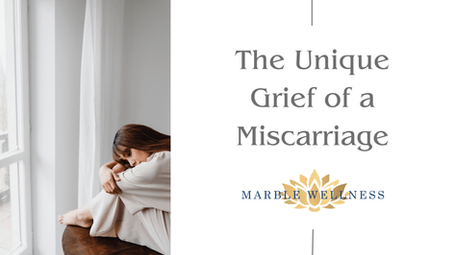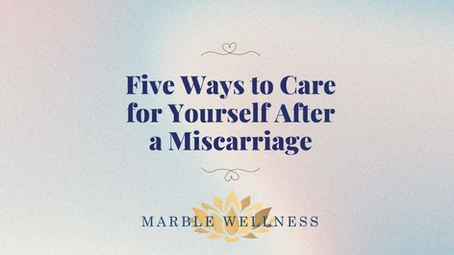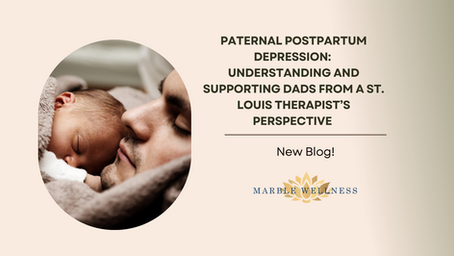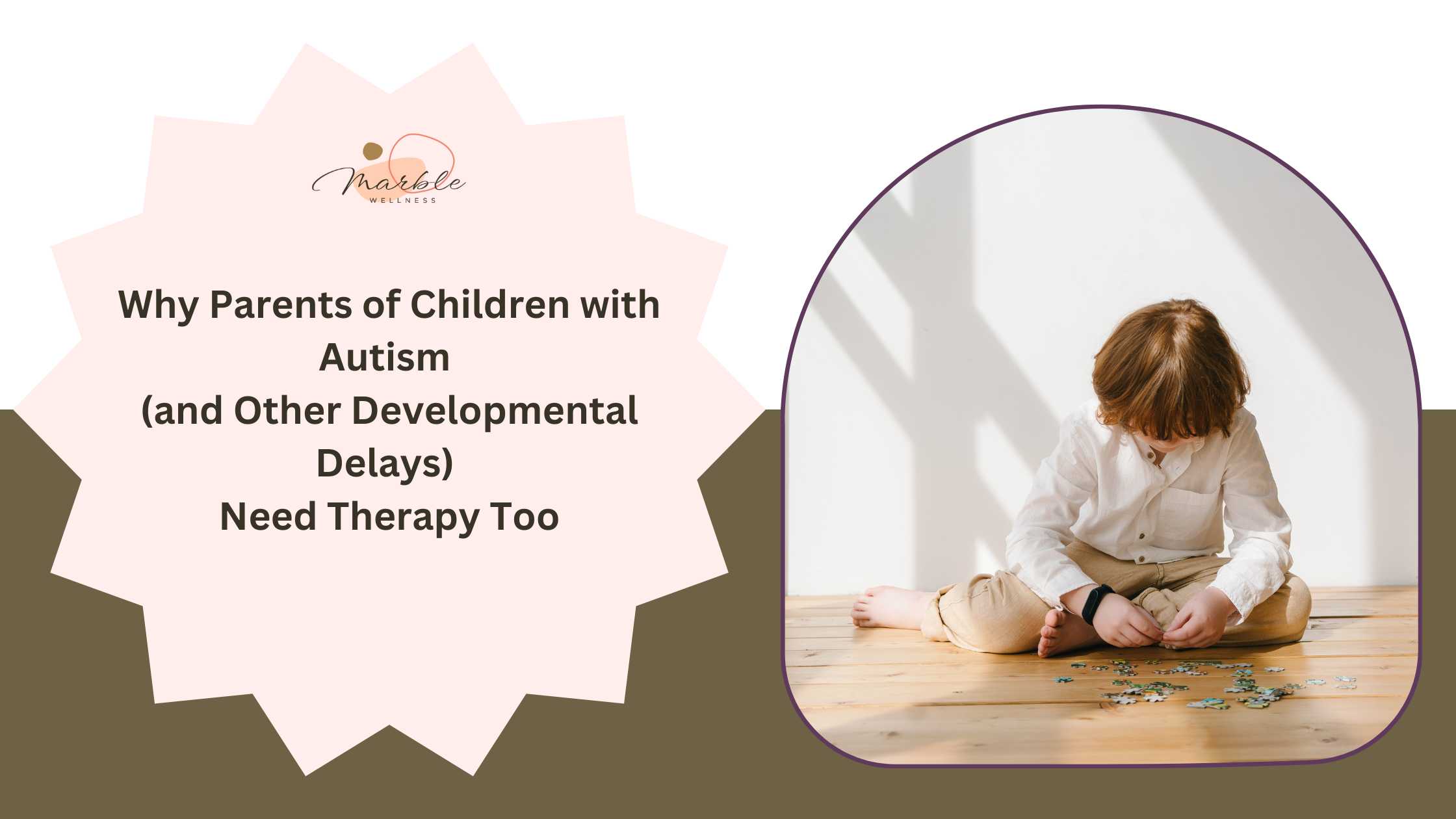
There is a special kind of grief surrounding miscarriage, one we don’t talk about often enough. It is always painful to lose someone you love. Hard stop.
But losing a child…a baby….you never got a chance to know creates a unique pain.
Your grief may share a lot of features with other kinds of grief, but there are more factors at work that make it difficult for moms and dads alike to navigate life after a miscarriage.
And we just want to validate that; give space for it; and also name a few aspects that contribute to its uniqueness, in case having someone else formalize those words can help in some way.
Our St. Louis Therapist Shares Four Reasons Why Grief After a Miscarriage Is Unique
You Can Feel A Loss Of Identity
So much mental preparation goes into becoming a parent. On the outside you’re buying clothes and stocking up on diapers. And on the inside, you’re creating your new parent-self. Your identity shifts, and where you were just ‘you’ before, suddenly you also have the identity of a mother or a father.
A miscarriage isn’t just the loss of your child, it’s the loss of that identity. Whether it was your first child or not, there’s something new added every time you have a baby. So when you lose that baby, it can feel like you’re losing that identity, too. It’s a deep grief for your inner self that can be hard for others to understand.
There’s also grief around what that family unit, with that particular combination of people was going to be, that can hit you hard. You imagined your children in certain grades; you started planning the time between birthdays; you figured out where to hang the next stocking on the mantle. Maybe you even named the baby and started thinking of yourself as “[enter baby name here]”’s mom/dad.
Your Hormones Are Still out Of Balance (for the moms out there)
Feeling depression after grief is incredibly common. But with a miscarriage, depression gets combined with a body that is still rebalancing itself. Pregnancy does intense things with the landscape of people’s hormones. Combining this with deep grief and depression, you can feel completely out of control. Some people dismiss this because the symptoms aren’t visible, or they think it’s in your head. But what your body is experiencing is very real. VERY real.
This is one reason it’s important to have a support system, whether it’s your family or a therapist. You may not have a full grasp on what hormones will do to your mental health, and it’s good to have people who know you to keep you grounded and safe while your body processes the loss alongside your emotions.
Guilt Can Overwhelm You
Blaming yourself after a miscarriage is easy to do. Moms may think they should have eaten different food or taken different vitamins. Dads perhaps believe they should have cared for their partner better so this wouldn’t happen. The truth is that often no one knows what caused a miscarriage. Even if the cause is clear, there’s frequently nothing that could have been done to prevent it.
The guilt is still strong, though. This can then lead to many of the relationship challenges couples face after a miscarriage. Both partners are blaming themselves and probably taking it out on each other or covering their pain with anger. This is especially common among men—they have been socialized not to dig into their feelings so processing guilt, even if it’s misplaced, is difficult. That behavior is usually covering a lot of pain and helplessness they don’t know how to express.

So, at the exact time leaning into your partnership could be the help that helps, your relationship might feel fraught with tension or unspoken accusations. It’s understandable to see how those challenges crop up. And it then also makes sense that it adds to the heavy sadness you’re already feeling.
Grieving A Miscarriage Can Be Isolating
People don’t know what to say when someone loses a child. They may avoid checking in, or they may say wrong things that hurt you. For so long talking about a miscarriage was a taboo, so people suffered in silence, and we as a society never learned to talk about the topic.
We’re opening up about it now, but many people are still shy about it. You may not feel like it’s okay to share your grief, but when it’s all you can think about you can become very closed off from others. When you don’t have the words to explain, sometimes it’s easier not to try.
Having a support system is critical for your mental and physical wellbeing, so it’s important that you find someone to connect to, even if it’s a mental health professional and not your family. You may need the isolation for a while, but it’s not healthy in the long-term. If you reach out, you will hopefully find the understanding you need.
Miscarriage is a different kind of grief, and everyone experiences it differently. This can be isolating but can also be a part of the healing process.
Grieve at your own pace and in your own way.
Don’t compare yourself to others, including other people you know who have experienced miscarriage. Grieving is important, and it’s important to honor your needs while you do it.
Stay tuned for next week’s blog which is going to address strategies you can use to cope with this extraordinarily difficult type of loss.

If you want help navigating this painful time, you can reach out to us at Marble Wellness. Our team of therapists work with people who have experienced miscarriages, and we want to help you find the best way to navigate your grief. We can support you, and we would be honored to be a part of your healing journey.
Start Therapy for Mental Health in St. Louis
If you live in St. Louis and are ready to improve your mental health, we are here to help.
Contact Us!

Additional Counseling Services at Marble Wellness in St. Louis, MO and Chicago, IL
Counseling services designed to help set you on a path of living a more fulfilled, calm, and happy life.
St. Louis
Our St. Louis team of therapists have a variety of training backgrounds and areas of expertise. We specialize in anxiety, depression, grief, chronic illness, therapy for men, couples, and maternal overwhelm. We can also help new moms with various postpartum concerns, moms in the thick of parenting, and moms with teens. We can also chat from wherever you are in the state with online therapy in Missouri and online therapy in Illinois. No matter where you are in your journey, we would love to support you.
Chicago
Our Chicago team of therapists offer a wide range of mental health services to help our clients through the different challenges and hurdles in their life. In addition to anxiety, depression, grief, therapy for men, and maternal overwhelm, we are specialized in professional burnout, therapy for breakups, and love partnering with working moms.



